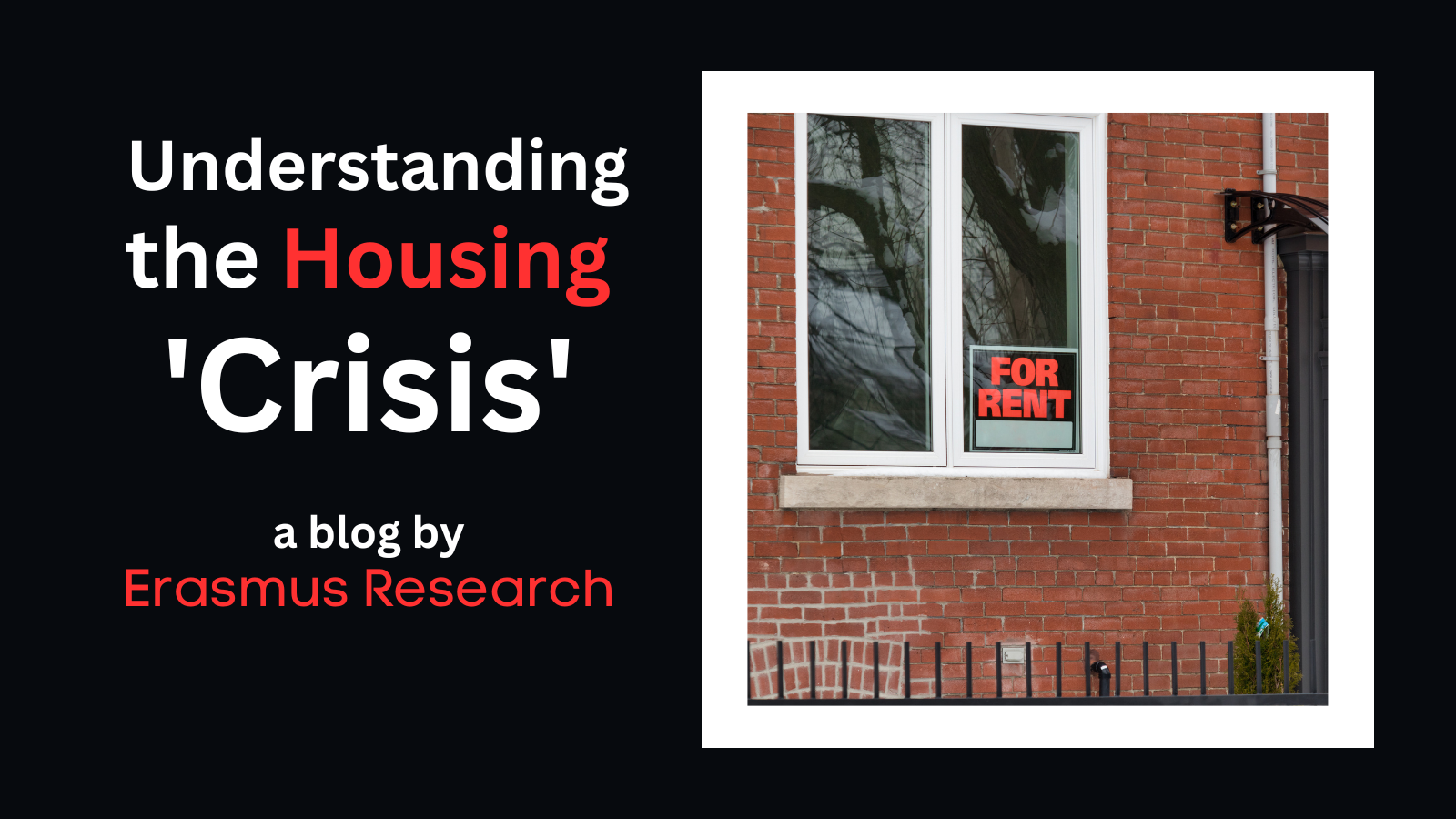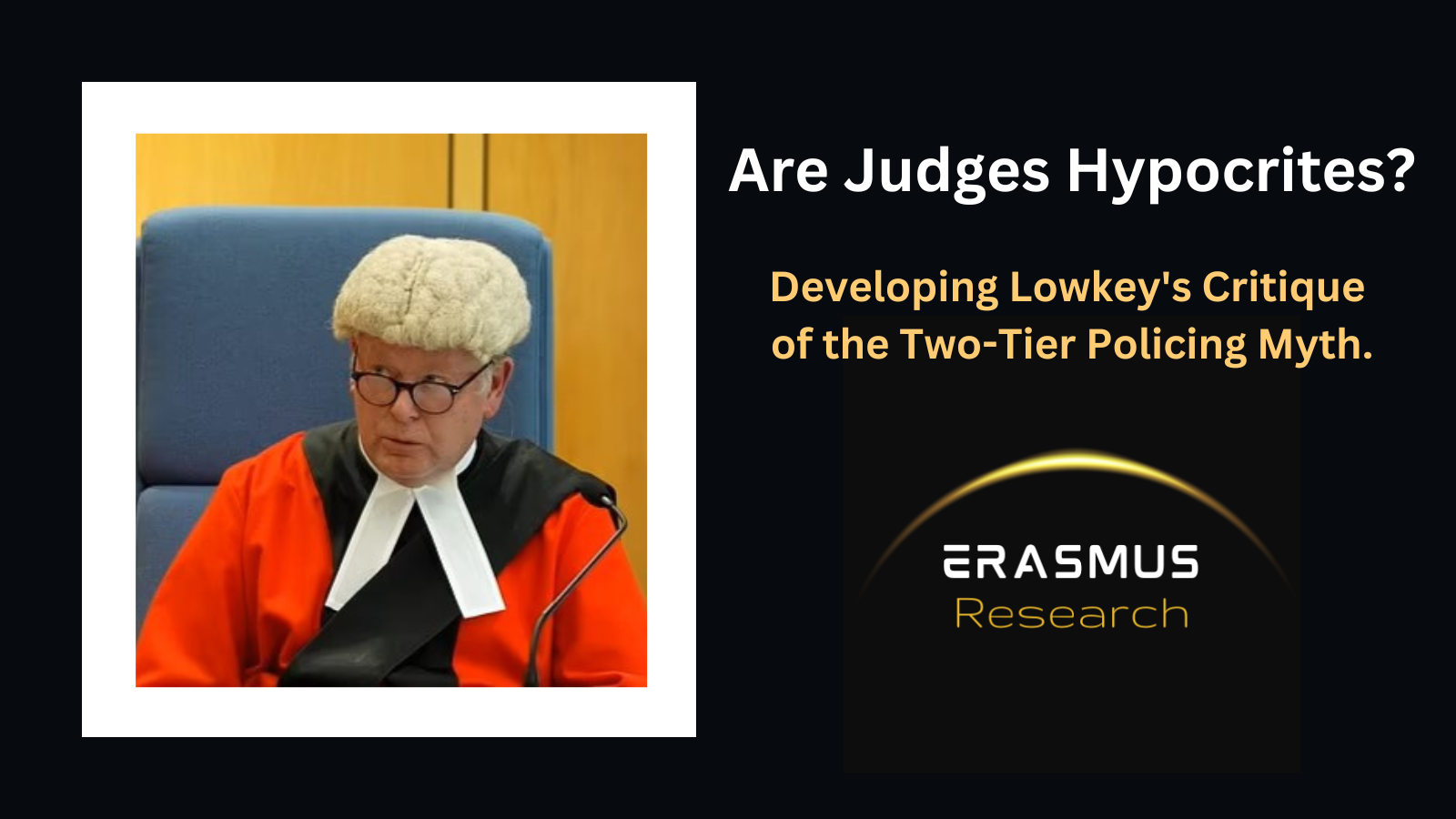The prison estate is in crisis. Overcrowding has led to thousands of early releases just to keep the system flowing. These Victorian-era prisons, crumbling under the strain, often house two or even three prisoners in rooms designed for one. In response, the UK Government has announced a review of sentencing. Former Conservative Lord Chancellor David Gauke has been brought in to craft a framework, and according to the Ministry of Justice, this will involve exploring “tough alternatives to custody,” such as creating a “prison outside prison” through electronic monitoring.
Shabana Mahmood, the Justice Secretary, has likened this to a “modern version of house arrest”, where tags and home sensors will monitor movements in what she describes as a prison environment outside prison walls. This strategy, aimed at those with sentences under four years, is pitched as a more effective method of punishment. Mahmood stressed: “It still has to be punishment; they still have to have their liberty curtailed… people have to know there are consequences to breaking our laws.”
This emphasis on punishment persists throughout the government’s rhetoric. Mahmood claims to believe in “prison and punishment,” while also advocating for a broader range of punitive measures, suggesting that those who “earn the right” to change should be encouraged, though her focus remains on the punishment aspect.
Gauke himself admitted that prisons “are not working”, citing a growing prison population and reoffending rates of over 90%. Not a great endorsement of Shabana Mahmood’s belief in punishment and prison. With the government’s commitment to build 14,000 more prison places, this review continues to reinforce the same old tautology: “Prison doesn’t work, so let’s build more prisons!” Doing the same thing and expecting different results, is, as the saying goes, the definition of insanity. Penal populism aligns itself with this axiom.
Furthermore, this reactive approach is fraught with problems. First, it reveals the political nature of crime and criminalisation. The process of sentencing has always been tied to the power structures that define what is ‘normal’ or ‘deviant’ behaviour. Judges, who claim they have no choice but to hand down custodial sentences, perpetuate this myth. As Bourdieu argued—judges are merely hypocrites in robes, upholding social and political hierarchies, while pretending (and possibly believing) that they are upholding the ‘rule of law’.
Secondly, as Michel Foucault explained in Discipline and Punish, prisons were never designed to rehabilitate. Instead, they serve as instruments of control, reinforcing power dynamics while giving the illusion of ‘reform’. The current push for a “prison outside prison” is a cynical move designed to alleviate the pressures of overcrowding without addressing the systemic issues that have led to this crisis.
Lastly, the government’s reliance on electronic tagging as a quick fix only reinforces the trend toward penal populism—an approach driven by tabloid-fuelled fears and sensationalism. This policy does little to tackle the underlying issues of criminalisation, and instead hands even more public money to private companies like Capita, Serco, and G4S. Despite their long histories of failings, from overcharging to providing faulty equipment, these firms stand to gain millions more in taxpayer-funded contracts, all under the guise of offering a solution to prison overcrowding.
How very “neo-Labour!”
Penal Populism and the Triadic Nexus of Power
Penal populism—where political rhetoric and policy embrace punitive responses to crime—serves to reinforce social and economic outcomes that benefit those in power. This approach is heavily shaped by a triadic nexus of: political influence; the justice system (including police, courts, and prisons); and the tabloid press. Together, these forces construct narratives that manipulate public fears, often disregarding evidence-based solutions. Murdoch’s media empire, especially through tabloids like The Sun and the now-defunct News of the World, has long championed punitive measures by stoking moral panics, pushing policies that favour harsher punishments rather than preventive solutions.
This alignment between media and political power directs the justice system towards punitive, rather than rehabilitative, responses to crime. Notably, Rebekah Brooks, former editor of The Sun, lobbied for “prison ships” to deal with the fall-out of the Murdoch empire’s on-going campaigns that would inevitably result in a prison population explosion.
Ken Clarke, Justice Secretary in 2010, told the Competition and Markets Authority (CMA) “I found myself having an extraordinary meeting with Rebekah who was instructing me on criminal justice policy from now on, as I think she had instructed my predecessor, so far as I could see, judging from the numbers of people we had in prison and the growth of rather exotic sentences. She wanted me to buy prison ships because she did accept that the capacity of the prisons was getting rather strained, putting it mildly. She really was solemnly telling me that we had got to have prison ships because she had got some more campaigns coming, which is one of her specialities.
As political leaders continue to pander to these tabloid-fuelled demands, they reinforce a “tough on crime” stance, despite extensive research showing that such approaches fail to reduce reoffending, and waste large sums of tax-payer’s money.
Ultimately, the justice system, when squeezed between political power at the top, and media power at the bottom, becomes a mere tool to fortify social and economic control, intensifying cycles of fear and incarceration. To move beyond this punitive cycle, social and economic policies must radically address structural problems, tackling root causes like poverty, inequality, and lack of opportunity, rather than expanding the prison-industrial complex. The future of criminal justice lies not in reinforcing this punitive machinery, but in investing in social reform and community resilience.
So, when you hear the words, ‘prison isn’t working; we need more prison,’ remember that around 90% of people currently in prison have been there before. Prison doesn’t work—and it was never designed to ‘work’ in the way orthodox, common-sense beliefs would have us think. Prison and punishment are political tools, wielded by the powerful to consolidate their control and uphold the status quo. The growing evidence that this ‘punitive surge’ is largely driven by unelected, unaccountable billionaire media barons reveals exactly where that power lies—and in whose interests it operates.







